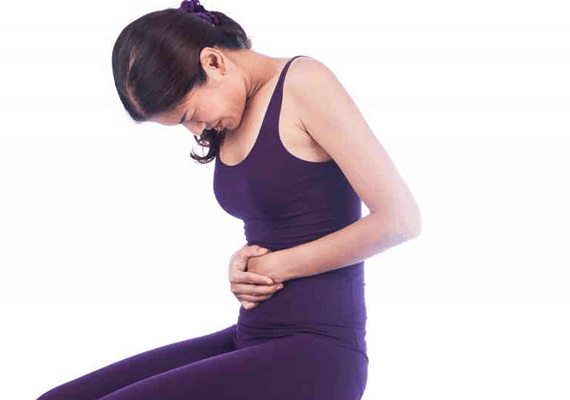What Are the Signs and Symptoms of Colon Cancer?
Symptoms of colon cancer can vary based on factors such as the size of the cancer and its location in the intestine. Common symptoms of signs and symptoms of colon cancer include rectal bleeding, dark or bloody stool, unexplained weight loss, a change in bowel habits (constipation, diarrhea, or consistency), abdominal discomfort, and weakness/ fatigue. Colon cancer is often symptomless in its earliest stages, however, which is one of the reasons regular screenings are recommended- especially for individuals who have a family history of colon cancer.
What Is Colon Cancer?
Colon cancer is a type of cancer where abnormal cells begin to grow in or on the walls of the large intestine. A majority of colon cancer cases develop from polyps that begin as noncancerous and grow into cancer over the course of years. Not all polyps develop into cancer, however, and a polyp’s chances of turning into cancer largely depends on its type. Adenocarcinoma, which make up around 95% of colorectal cancer cases, which begin in cells that produce mucus to lubricate the colon and rectum. Other, less common types include carcinoid tumors, lymphomas, carcinomas, and gastrointestinal stromal tumors (GISTs).
What Happens During Colon Cancer Screening?
A colonoscopy, a test in which a camera is inserted into the colon to provide to search for potential abnormalities, is one of most common colon cancer screenings administered at Gastroenterology of Westchester. The doctors at Gastroenterology of Westchester also use a variety of other screenings such as fecal sample tests to check for evidence of abnormalities such as blood, proteins that may indicate cancer, and DNA indicating cancerous growths within the colon.
Who is Considered Most High Risk for Colon Cancer?
One of the largest risk factors for colon cancer is age, as the majority of colon cancer patients are older than 50. For this reason, regular screenings are recommended by healthcare professionals after the age of 45. Other factors such as a personal history that includes certain types of cancer, existing adenomatous polyps, IBD, family history of colon cancer, and certain inherited conditions can also increase a patient’s risk of developing colon cancer over time.
How Often Should You Get Screened?
A patient’s need for follow up screenings will depend on their risk factors. After 45, patients should receive regular screening through 75 years of age. Screenings for patients between the ages of 75 and 85 should be dependent on factors such as life expectancy, prior screening history, health, and personal preference. Colonoscopies will generally be recommended every 10 years, while fecal tests can be administered annually. Patients who have a higher risk of developing colon cancer or are exhibiting symptoms should speak with their doctor for more screening information.







